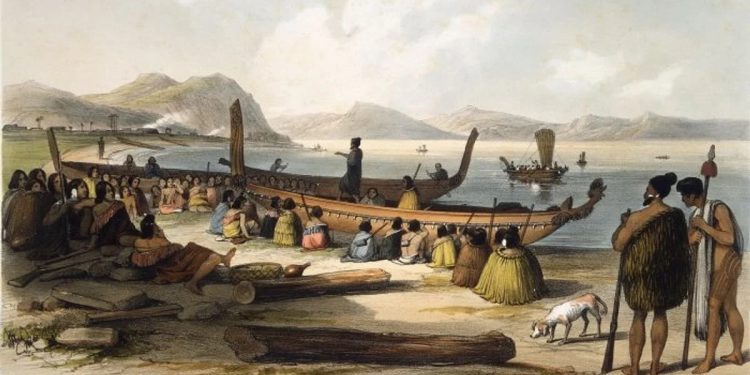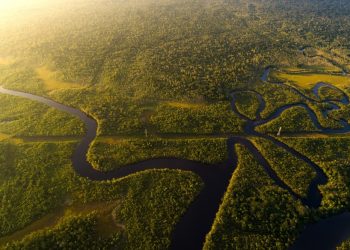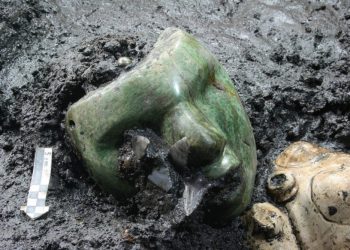Polynesians’ Westward Migrations: A Mystery Unraveled
Although Polynesians are known for their advanced sailing technology and settling remote islands before Europeans reached the Americas, little is known about their migrations west of the 180th meridian. To understand the relationship between Polynesian societies in the western Pacific, Melanesia, and Micronesia – known as “Polynesian Outliers” – researchers analyzed the geochemical signature of stone artifacts from Vanuatu, the Solomon Islands, and the Caroline Islands.
Ancient Polynesian Voyages: Tracing the Origins of Stone Artifacts
The international research team, led by the Centre National de la Recherche Scientifique, identified the geological origins of the artifacts by comparing their geochemical and isotopic compositions with reference datasets of natural rocks and archaeological quarries in the region. Among the eight adzes or adze fragments analyzed, six were traced back to the large fortified quarry complex of Tatagamatau on Tutuila Island (American Samoa), located over 2,500 kilometers away in the Polynesian homeland.
Ancient Polynesian Voyages and Inter-Island Transfers
Lead author Aymeric Hermann highlights that the transportation of these socially valued items – often passed down for generations among Polynesian chiefly families – suggests carefully planned voyages, rather than accidental landfalls. The study provides critical information on inter-island transfers between the Polynesians and their neighbors in the western Pacific, pointing to the significant role Polynesian sailors might have played in long-distance mobility and distribution of specific material culture items and technologies during the last millennium A.D.
The Power of Geochemical Sourcing
By employing atomic emission spectroscopy and mass spectrometry, researchers were able to measure concentrations of oxides, trace elements, and radiogenic isotope ratios, identifying geological provenances with high accuracy. This cutting-edge approach to geochemical sourcing, which involved computer-assisted comparisons with open-access databases, has successfully located sources of stone artifacts and traced their transport across distant islands and archipelagos.











